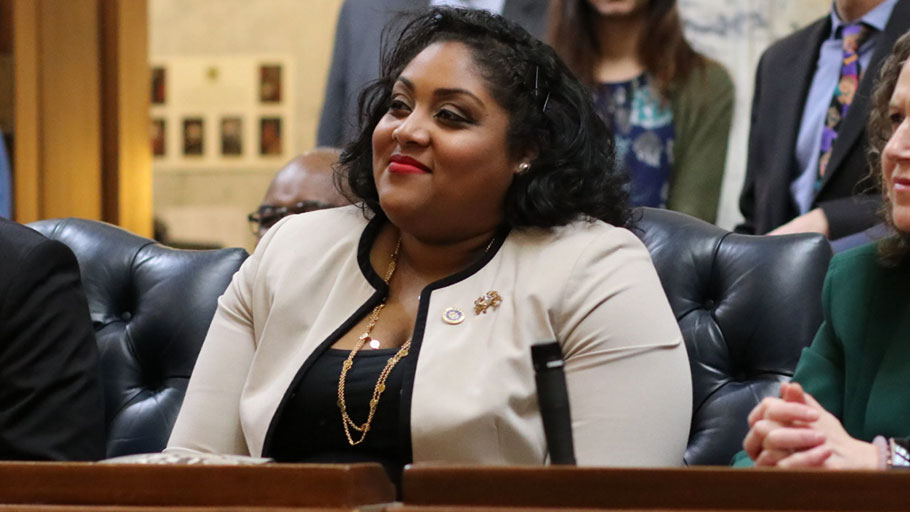
Del. Wanika Fisher (D-Prince George’s) wants the state to consider reparations for ancestors of Maryland slaves. By Hannah Gaskill, Maryland Matters — Maryland’s 250-year history of legal slavery came to…

Del. Wanika Fisher (D-Prince George’s) wants the state to consider reparations for ancestors of Maryland slaves. By Hannah Gaskill, Maryland Matters — Maryland’s 250-year history of legal slavery came to…
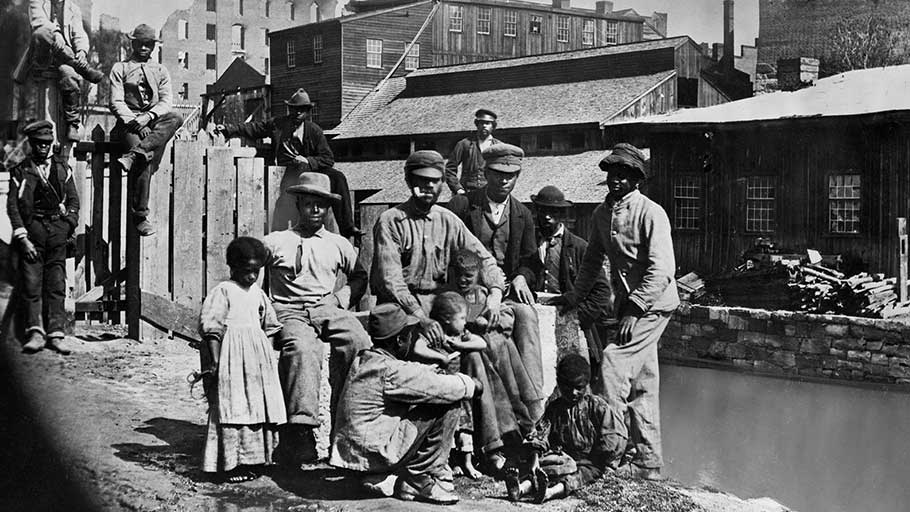
This essay is an adaptation of the fourth annual Philip Roth Lecture, delivered at the Newark Public Library on November 4, 2019. The lecture began with an appreciation of Roth’s merging of fiction and history. An admirer of great historical writing, Roth understood that, to be truly great, it had to grapple with what he called, in The Plot Against America, “the relentless unfolding of the unforeseen.” Flipped on its…

By Walter G. Moss — One version of America is that of President Trump, whose recent tweets led the U. S. House of Representatives to condemn his “comments that have legitimized and increased fear and hatred of new Americans.” His slogan “Make America Great Again,” his attempts to limit voting, and his pandering to Christian evangelicals are not-so-subtle signals that he perceives himself as defending the fortress of white, primarily male and Christian, dominance…
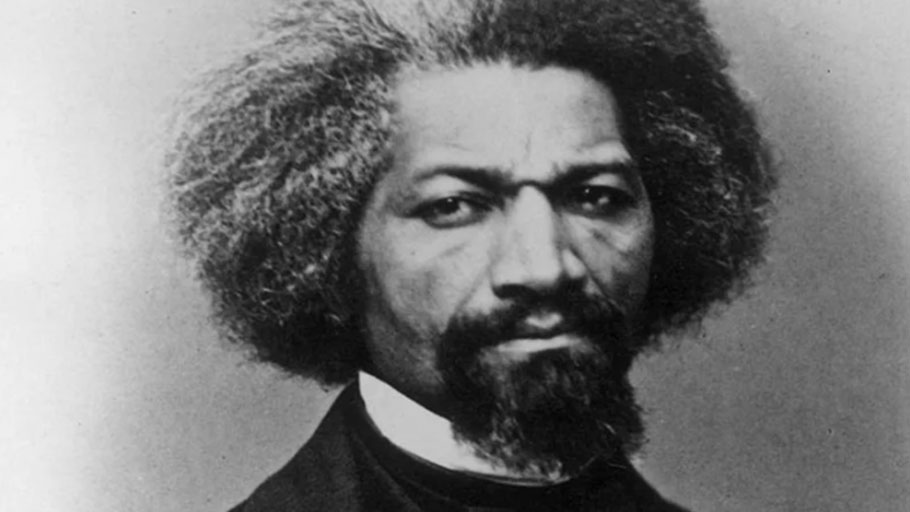
By Olivia B. Waxman,Time — After the Independence Day military parade in the nation’s capital on Thursday, President Donald Trump will give a speech at the Lincoln Memorial, the most…
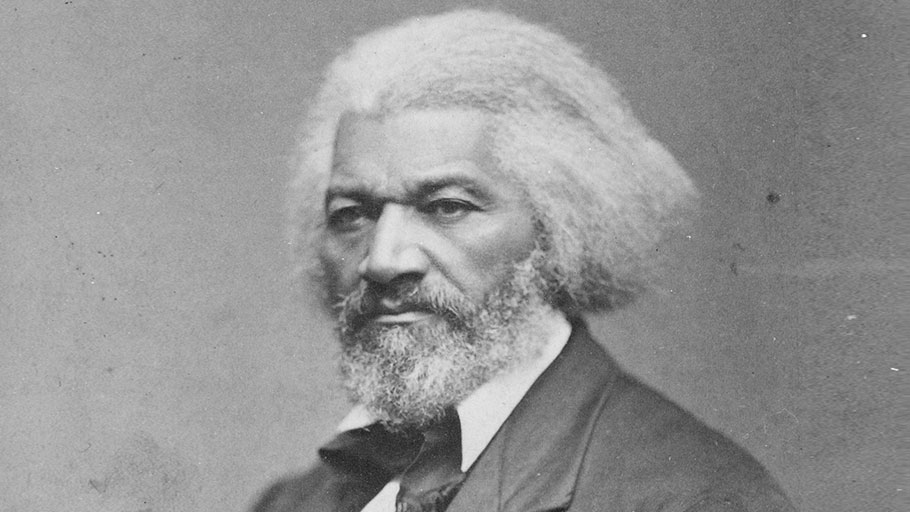
By Whitney Stewart, Black Perspectives — How do you make a family tree when you may not know your family history? Beyond the very real physical and emotional toll on…

Part. 1. By Dr. Maulana Karenga — During both the Holocaust of enslavement and the era of segregation, leaving the plantation was a metaphor, mental process and actual practice of freedom. It…

Part. 2. By Dr. Maulana Karenga — The insistence on calling our righteous and relentless struggle by its rightful name, The Black Freedom Movement, instead of the Civil Rights Movement,…
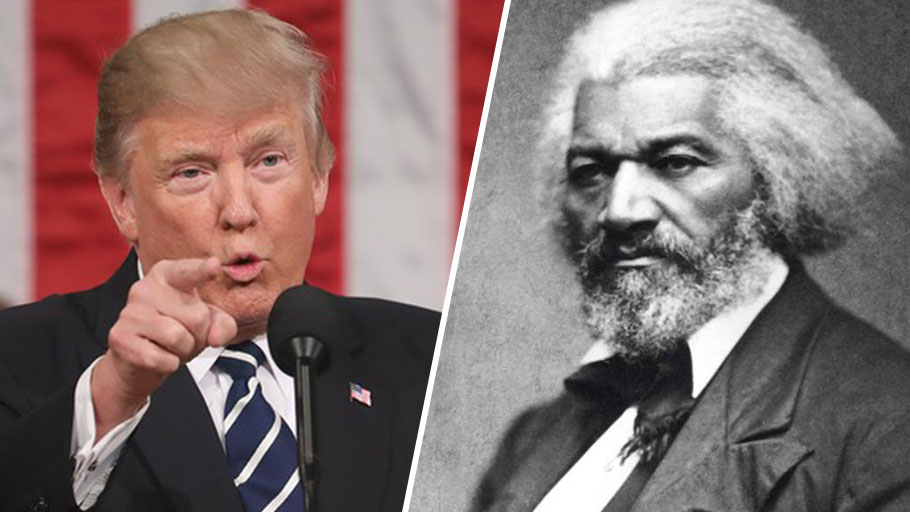
Biographer David Blight on Douglass’ lessons for us: “White supremacy does not die … it revives in new forms.” By Chauncey DeVega, Salon — Black History Month, which has…
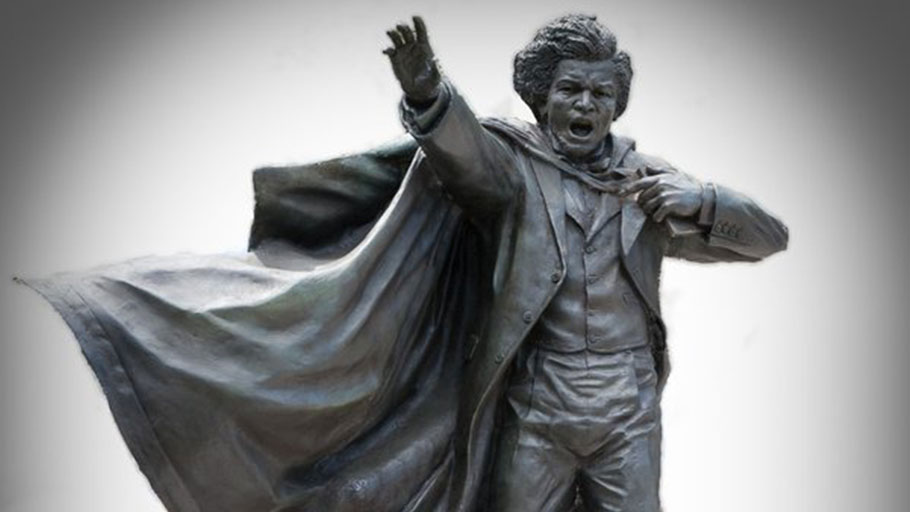
Image: A new statue (2015) of Frederick Douglass stands in Hornbake Plaza. Note: While most of us generally think about the profound activism and wisdom of Frederick Douglass being acknowledged…
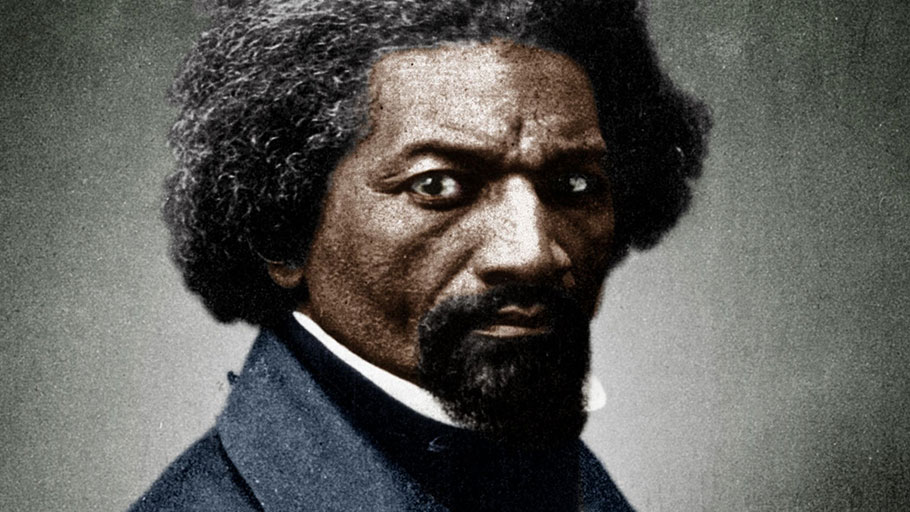
‘At first I didn’t want to,’ says the author of this magisterial biography of the great abolitionist, ‘it was so daunting’ By Martin Pengelly, The Guardian — David Blight arrives…
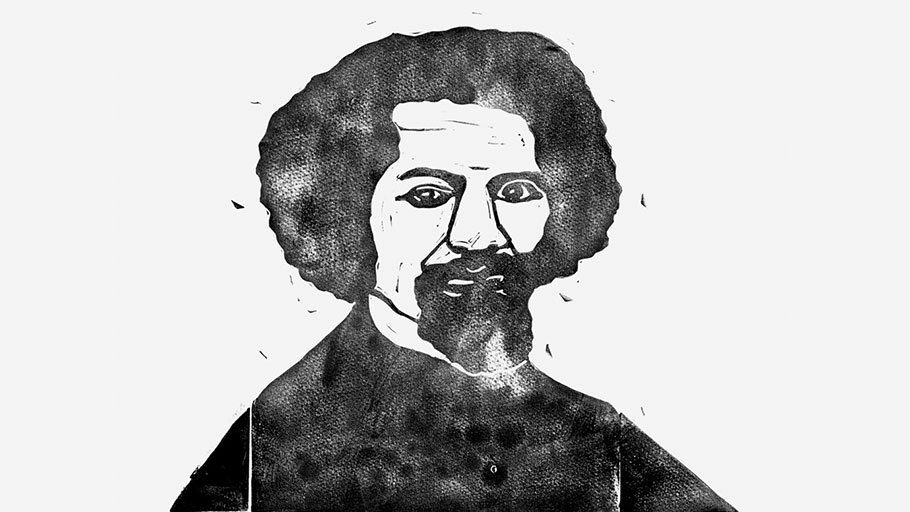
He escaped from slavery, and helped rescue America. By Adam Gopnik, The New Yorker — Frederick Douglass, who has been called the greatest American of the nineteenth century, grew up as a slave named Frederick Bailey, and the story of how he named himself in freedom shows how complicated his life, and his world, always was. Frederick’s father, as David W. Blight shows in his extraordinary new biography, “Frederick Douglass: Prophet…
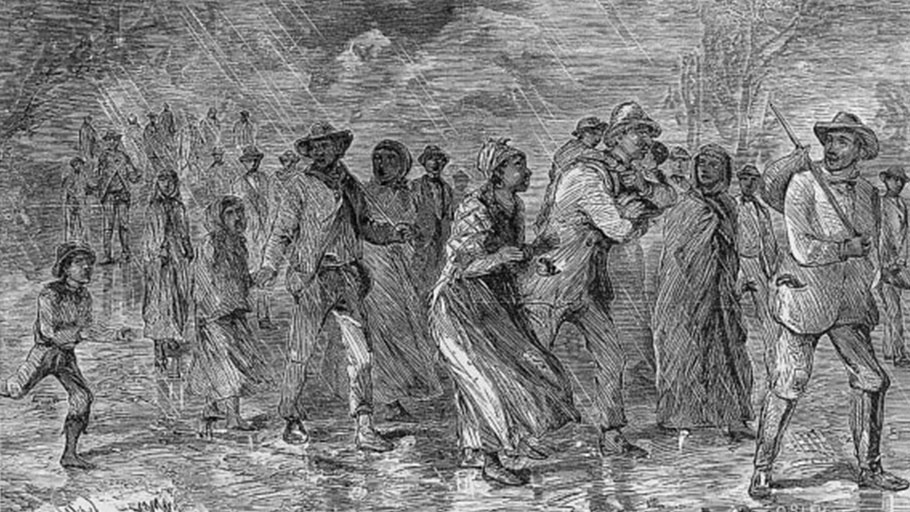
By WP BrandStudio, The Washington Post — Within just four years, Frederick Douglass and Harriet Tubman, two of America’s most influential and notable abolitionists, were born in close proximity on the Eastern Shore of Maryland. Douglass was born in 1818 in Talbot County; four years later, Tubman was born just a few miles south, in Dorchester County. When it came to their approaches to abolitionism, the difference between them was “marked,”…